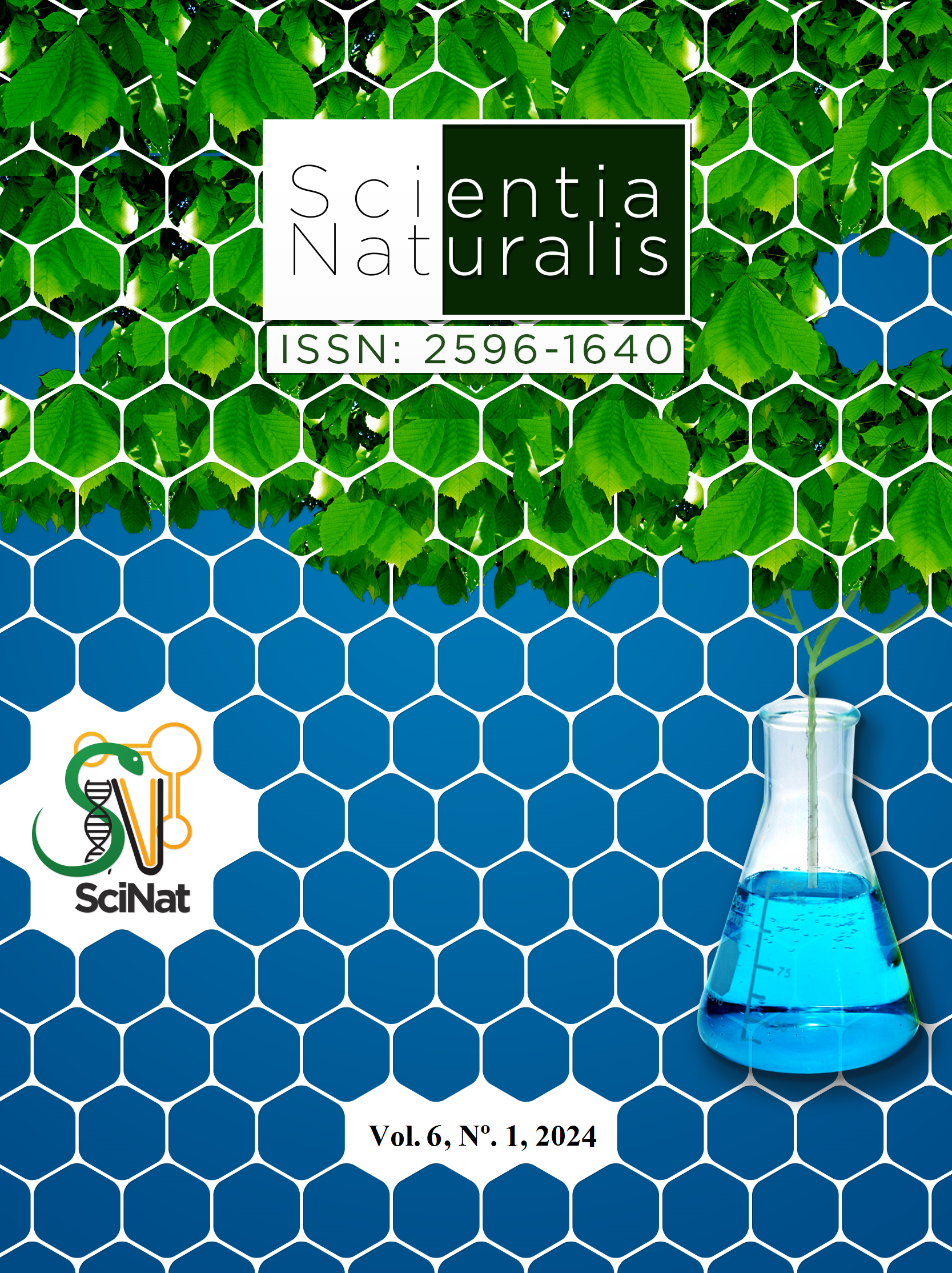Um Diversidade de batatas-doces crioulas cultivadas no município de Cruzeiro do Sul, Acre
DOI:
https://doi.org/10.29327/269504.6.1-14Abstract
The sweet potato is a crop of economic and social relevance, with wide adaptation and high genetic variability. In Brazil, small farmers play an important role in the conservation of adapted genotypes and their morphological characterization is essential in order to avoid genetic erosion. The objective of this work was to characterize, using morphological descriptors, three accessions of sweet potato Ipomoea batatas from Cruzeiro do Sul, Acre. The study was carried out from March to September 2022, in the experimental area of the Instituto Federal do Acre, in the municipality of Cruzeiro do Sul, Acre. For that, three sweet potato accessions were evaluated in shoot and root in twenty-two morphological descriptors. The experiment was installed in randomized blocks, with 3 treatments and 5 replications. The results showed morphological variations between the materials for the type of plant, ground cover, pigmentation of the stems and characteristics of the leaves. The reserve root revealed high genetic variability among the three accessions. It is concluded that the materials have different morphological characteristics, showing their genetic variation. The parameters related to the reserve root showed greater phenotypic variability and this demonstrates its potential in breeding programs in the region.




